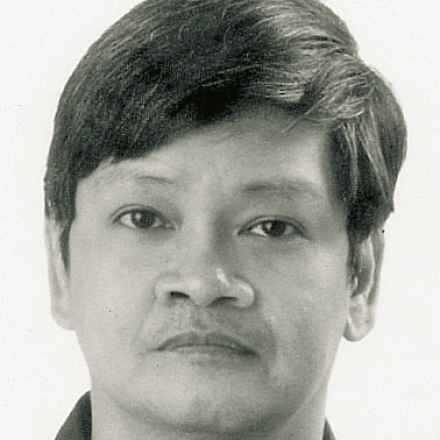Don’t blame the west for everything
Last weekend, Jason Hickel argued in the Guardian’s opinion section that western powers had blocked socio-economic progress in former colonies by supporting military coups and ruthless dictators for the sake of controlling access to resources (http://www.theguardian.com/global-development-professionals-network/2016/mar/05/does-west-care-development). The scholar from the London School of Economics lists several cases, in which left-leaning leaders were toppled and exploitative despots brought to power. Hickel’s conclusion in the Guardian is: “We need to stop pretending that the United States, France and Britain are benevolent champions of the poor.”
His reasoning is flawed. He claims that, in developing countries, “developmentalist” policies that were geared to social justice and economic independence led to fast growth and reduced poverty in Africa, Asia and Latin America after World War II. For “at least two decades”, he states, growth rates averaged 3.2 % which, in his eyes, “were nothing less than a miracle”. According to him, developing countries were catching up fast with the rich nations.
This does not make sense. There are several reasons. I’ll point out three:
- Growth rates in the industrialised nations easily reached and exceeded that level in the first two decades after World War II.
- Growth rates of about three percent are actually quite low in poverty-ridden countries and are insufficient to lift masses out of poverty. When development takes off, rates of up to 10 % are not unusual.
- Huge countries like China and India, which were not controlled by western powers, did not make the kind of progress Hickel claims was normal.
Nonetheless, Hickel implies that developing countries were flourishing, only to see growth disrupted by greedy western powers. What he fails to mention at all is the cold war. It is true that western governments have a disgraceful history of supporting right-wing dictators in developing countries, but the motivation was at least as much to contain Soviet influence as to control access to commodities.
Yes, it bears repetition that western powers were ready to forsake the principles of democracy and human rights in their competition with communist powers. The history of violence needs to be researched and made public. Unless people understand their history, including foreign influences, traumas will not heal.
It is equally true, however, that communist-backed regimes were typically not better than western-backed dictatorships. Pol Pot in Cambodia was supported by Maoist China and Mengistu Haile Mariam in Ethiopia by the Soviet Union. Both ran genocidal regimes.
It also matters that local elites supported the right-wing strongmen. Their role was at least as important as the one of western governments, which, after all, were no longer in direct control of the colonies. It would be worth mentioning, moreover, that cold-war competition made right-wing dictators in South Korea and Taiwan actually get the kind of fast growth going that serves to reduce poverty. In an ironic twist of history, the development they started eventually led to assertive pro-democracy movements and multi-party elections. That was not what the authoritarian leaders had wanted, but it was appreciated by the people.
Some people in Europe and North America love to blame the west for everything that is wrong with the world. Their attitude is ethnocentric, which is something the critics may not be aware of. Authors like Hickel should note, however, that current authoritarian leaders in developing countries appreciate their kind of argument, while many civil-society activists there see things in a more nuanced light. They do not think European governments or the USA are altruistic champions of the poor. They are aware of western lifestyles being environmentally harmful and unsustainable, for example. But they nonetheless consider the EU and the USA allies in the struggle for democratic rights and appreciate that aid can be useful.









